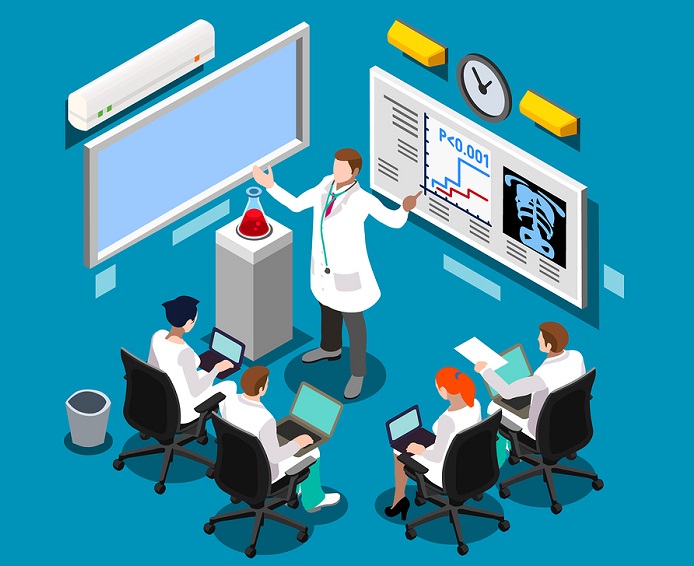The U.S. has never been particularly known as a nation of just English speakers, especially with the large Spanish speaking migrant community, but hospitals are only now opening up multilingual options to help patients’ understanding. Some are now including video translation services to help patients who have little or no grasp of English.
Since earlier this year at a hospital in Southeast Ohio, iPads have been secured to wheeled stands which are 3-feet-tall, that provide video translators who are certified and can help patients. They have learnt, though, that not all marketing translation services necessarily have translators who have the expertise to carry out medical translations effectively. There is the question of liability to consider if the translator does not translate important medical information well enough for the patient to understand. Translators who stay in the hospital to help interpret are quite expensive, with payments of $30 an hour being the norm.
A health service provider in Seattle has taken away the face to face approach and has installed computers that are accessible through touch screens that allow immediate patient access through the use of video. An Ohio medical centre is using its own in-house interpreters as well as volunteers and is using a more interactive interpreter approach too.
Document translation services in hospitals have no doubt been in use for a long time, especially when patient records have been transferred from a medical provider overseas. Patients will have depended on more fluent relatives to act as intermediaries between medical staff and themselves so that they gain a full understanding of their medical condition, treatment options etc.
With people moving around the country a lot more for employment purposes in particular the availability of a family member to be on hand if someone is admitted to a hospital is not always possible so the hospital has to depend on translation services to convey important medical information. This can be important but costly, so hospitals are always looking for ways they can find cheaper alternatives. It seems that the touch screen alternative may well act as a compromise in the future.



